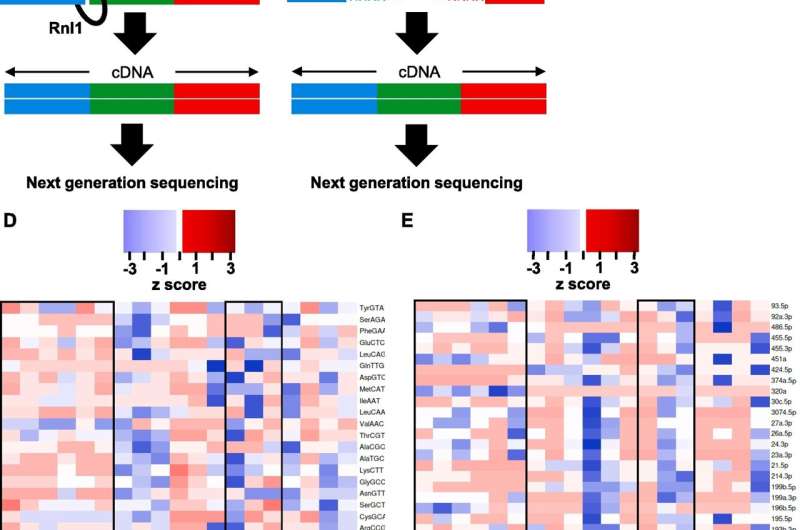Researchers from the University of East Anglia and the University of Sheffield have developed a promising new drug, CADD522, targeting primary bone cancer, which predominantly affects children and young adults aged 10 to 20. Current treatments for this aggressive cancer often involve outdated chemotherapy protocols and limb amputations, leading to lifelong disabilities. Despite these intensive interventions, the five-year survival rate remains low at approximately 42%, primarily due to rapid metastasis to the lungs.
In preclinical studies, CADD522 demonstrated the ability to inhibit a gene associated with cancer spread, resulting in a 50% increase in survival rates without necessitating surgery or chemotherapy. Notably, this drug did not induce toxic side effects commonly associated with chemotherapy, such as hair loss, fatigue, and nausea. These findings offer hope for more effective and less debilitating treatment options for young patients facing primary bone cancer. Click for More Details







